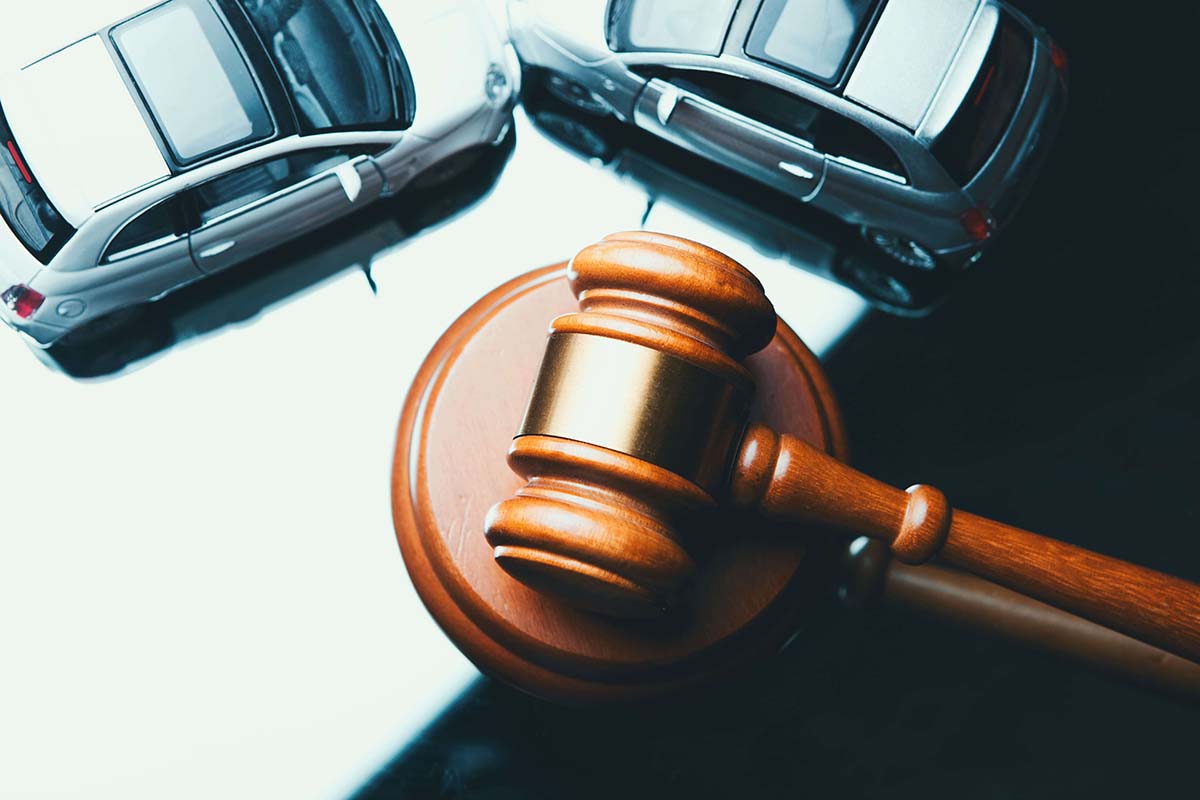Pros and Cons of Auto Auctions for Savvy Dealerships

Nearing the end of the Great Depression, enterprising livestock auctioneers began importing used vehicles from the North to sell in the ravaged southern states. In 1938, J.M. Rawls visited a livestock auction in Columbia, South Carolina, and wondered why the same business model could not be applied to automobiles. The first Auto Auction was held in March of that year, and a new industry began. Rawls Auto Auction is still going strong.
More than nine million vehicles are sold yearly at top auction houses nationwide. Auction sites vary in size, with some offering 2 to 3 lanes and a few acres, while others span hundreds of acres with more than 30 selling lanes. Large sites offer various services such as transportation, mechanical and reconditioning, financing, and titling to help their dealership customers.
Manheim Auto Auction in Pennsylvania is now the world’s largest auction site, covering over 600 acres with 30 selling lanes.
Auto auctions source their cars from dealer trade-ins, bank repossessions, rental fleets, insurance-totaled vehicles, and other sources. These cars are sold in “as-is” condition.
Auctions: Online and At Location
The increase in used vehicles worldwide has led to various types of auctions: dealer-only, online, on-site, private, collector, and government surplus.
The internet has significantly enhanced the sale of cars and trucks.
Specialty Auctions:
One of the largest used vehicle sellers is eBay Online Auto Auctions. However, buying a used vehicle on eBay has its pitfalls.
- If a warranty is needed, purchase only from a dealer on eBay or shop elsewhere.
- Lenders will only finance vehicles up to 8 years old and no more than 100,000 miles, depending on the age.
- Photos can be retouched, and you may not know the seller's credibility.
eBay has over 7.4 million monthly visitors searching for used vehicles.
Barrett-Jackson combines online and on-site auctions with locations in several high-end US cities, offering a range of restored and exotic foreign vehicles.
IAA Auction specializes in salvaged, flood-damaged, or lightly damaged vehicles. Buyers should exercise caution and due diligence when purchasing here.
Big Player Auctions:
Manheim, owned by COX Enterprises, is a major player in the auto auction industry. It operates 115 digital, physical, and mobile auction sites globally, facilitating almost $60 billion in transactions annually with over 6 million vehicles for sale at any time. Manheim offers extensive services including floor planning, logistics, reconditioning, and digital auctions.
Manheim Pennsylvania, the company’s flagship location, is the world’s largest vehicle remarketing auction with 37 selling lanes and 10,000 vehicles on site weekly. It also features the world's largest body and reconditioning shop.
SCA Auto Auctions combines an extensive online presence with physical locations, offering minor damage to salvaged title vehicles. SCA Auto Auctions operates over 170 auction sites worldwide, featuring over 300,000 vehicles.
Copart started in 1982 as a salvage yard and has grown to over 200 locations across 11 countries. Copart offers a vast online inventory of over 175,000 vehicles daily, specializing in wholesale, salvage-titled, and classic to exotic vehicles. It sells over two million vehicles annually from various global suppliers.
Buying Cars at Auction
Dealerships employ skilled managers to value trade-ins, manage the used car lot, and buy preferred vehicles at auction. These professionals have extensive training and experience in assessing vehicle value, while individual buyers may face challenges without such expertise.
Dealerships have a thorough understanding of auction processes and vehicle conditions. They use run-lists to target vehicles for inspection and need to be well-prepared for the auction day.
Big dealerships may visit auctions weekly and have logistics for transporting large volumes of cars. Understanding the auction process is complex and requires years of experience.
Tips and Traps
- Do thorough research and maintain focus to buy cars at auction successfully.
- Vehicles at auction may have failed to sell elsewhere or have issues. There's typically no test drive or extensive inspection time available.
- Real bargains are often found at local auctions. Familiarize yourself with the auction process before making a purchase.
- Set a strict budget to avoid overspending. Consider bringing someone experienced if you're new to auctions.
- Always check the vehicle history with a VIN check app before bidding.
- Inspect as much as allowed, checking fluids, condition, and any accessible parts.
- Don't fall in love with one vehicle. Stick to your list, and remember your budget while bidding.
FREE Vehicle Search
- Accidents
- Problem Checks
- Title Records
- Recalls
- Values
- Specs
-
InfoPay, Inc. (dba GoodCar) is an Approved NMVTIS Data Provider
-
-














